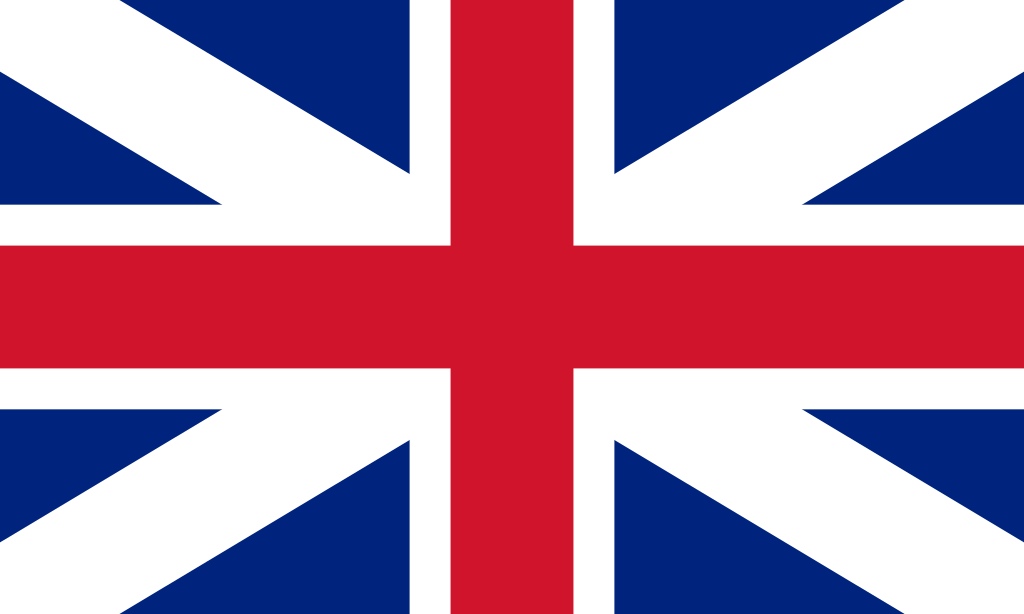IGP Vallée du Paradis
A paradise deserved!


Set between Languedoc and Roussillon,
his valley always gives a wide berth to the hustle and bustle in the towns and along the coast in summer.
It is a genuine little corner of paradise for exploring a wine region that lacks neither character nor compelling arguments for appealing to novices.

IGP Vallée du Paradis and its geography
In the Corbières mountains, a small range of limestone hills separates the Vallée du Paradis from the Mediterranean and the lagoons in Leucate and Sigean. The location remains totally unspoilt and is a fairly popular destination among rural tourism enthusiasts, who have been known to indulge in the local wines too…
Foundation
March 16
1981
Territory
12
villages
production
7 910 hL
Producers
12 independent wineries
3 co-operatives
Colours
Red
42%

Rosé
9%

White
49%

Main grape varieties
authorized for the reds
Cinsault
Carignan
Carmenère
Syrah
Grenache
Main grape varieties
authorized for the rosés
Cinsault
Carignan
Carmenère
Syrah
Grenache
Main grape varieties
authorized for the whites
Vermentino
Grenache Blanc
Clairette
Roussanne
Chardonnay
terroir


Vines here are planted on fairly varied soils – including schist, marl, pebbles, limestone and molasse – whose occurrence stems from a fairly turbulent geological past. The IGP produces wines across the three colours.
The rosés are refreshing, rounded and light. The dry, energetic Muscat-based whites resonate with citrus notes and tropical fruits and often display a distinctive mineral finish. The reds are quite rich with great roundness and hit harmonious aromatic notes of red and black fruits and spices.

History

Why is this valley called Vallée du Paradis? There are a number of theories but one of the most plausible legends recounts how, during an epidemic that decimated livestock in the plain, the animals in this remote valley came out totally unscathed. For a long time, the region remained isolated, and it was not until the end of the 19th century, after a road was built, that it came out of isolation. Farming then prospered and vines became the main crop.





